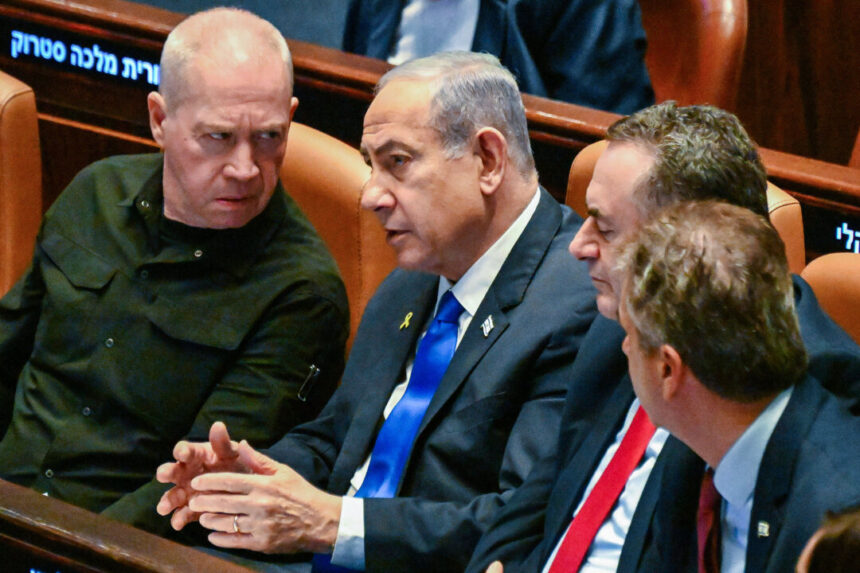The recent decision by the International Criminal Court (ICC) to issue arrest warrants for Israeli Prime Minister Benjamin Netanyahu and former Defense Minister Yoav Gallant has caused controversy and heightened tensions. The warrants were issued for alleged crimes against humanity and war crimes, including acts such as starvation as a method of warfare and intentionally targeting civilians.
The ICC’s move has sparked divisions, with the United States denouncing the warrants and some U.S. allies expressing readiness to comply. The European Union has reminded its member states of their obligation to enforce the warrants, while Sen. Lindsey Graham warned of potential sanctions against countries that assist in the arrest of Israeli politicians.
Israel and the United States have strongly opposed the warrants, with Israel’s Prime Minister calling the allegations absurd and false. Some U.S. allies, such as Canada, Belgium, and France, have indicated their willingness to comply with the warrants, while others have shown reluctance to act.
Prominent Republicans have called for sanctions against the ICC, with plans to impose sanctions on countries that assist in the arrest of Israeli politicians. The situation remains complex, with various stakeholders taking different stances on the ICC’s decision. Can you please rephrase this sentence?
Source link






